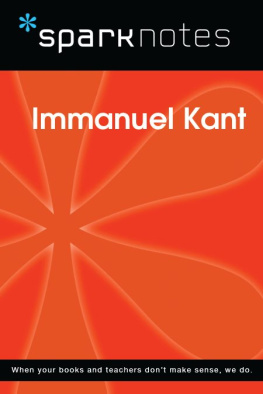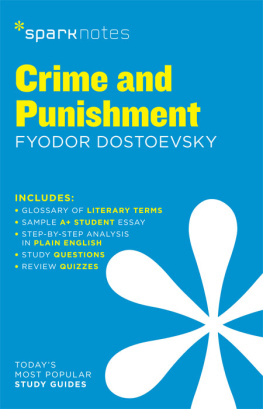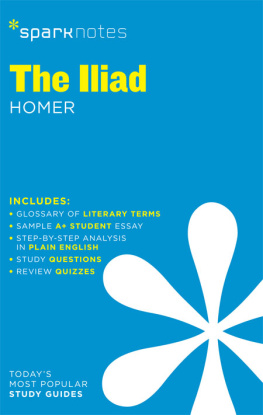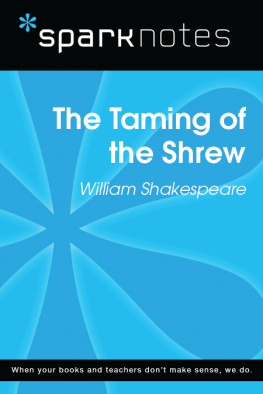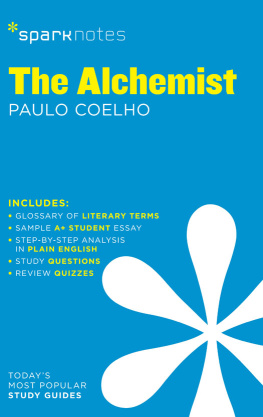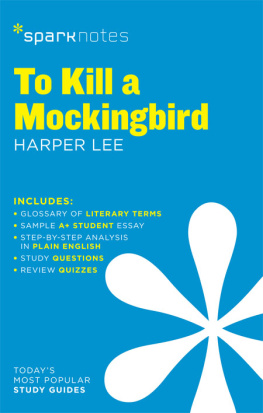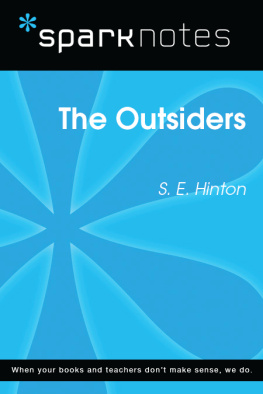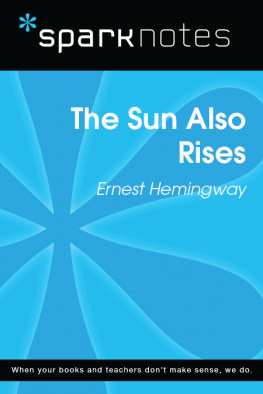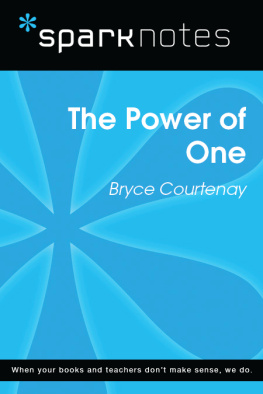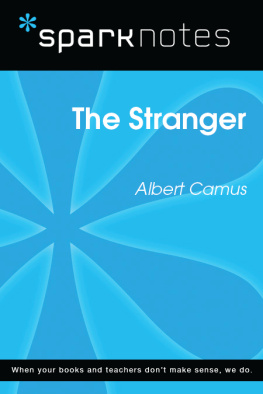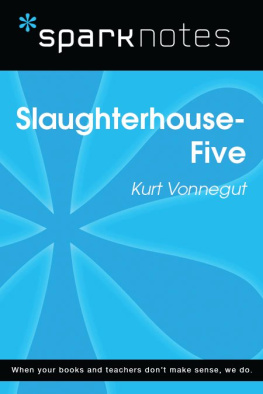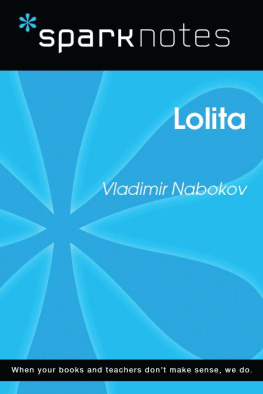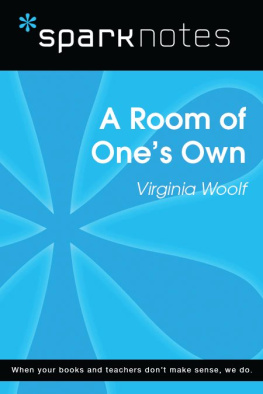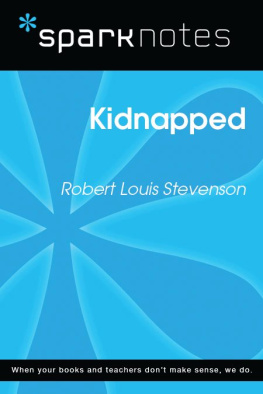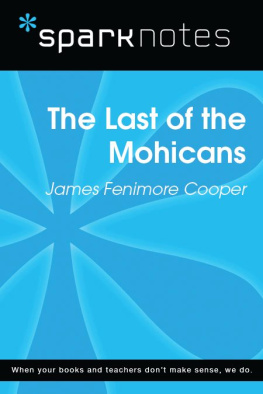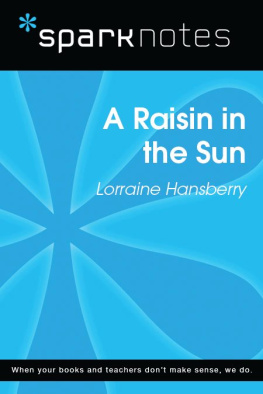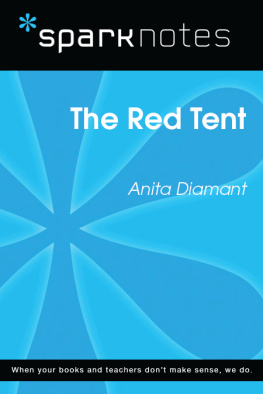Immanuel Kant (17241804)
2003, 2007 by Spark Publishing
This Spark Publishing edition 2014 by SparkNotes LLC, an Affiliate of Barnes & Noble
All rights reserved. No part of this publication may be reproduced, stored in a retrieval system, or transmitted in any form or by any means (including electronic, mechanical, photocopying, recording, or otherwise) without prior written permission from the publisher.
Sparknotes is a registered trademark of SparkNotes LLC
Spark Publishing
A Division of Barnes & Noble
120 Fifth Avenue
New York, NY 10011
www.sparknotes.com /
ISBN-13: 978-1-4114-7579-3
Please submit changes or report errors to www.sparknotes.com/.
10 9 8 7 6 5 4 3 2 1
Context
Immanuel Kant is probably the most important philosopher of the past 2,000 years, yet he lived a remarkably boring life. He was born, lived, and died in the provincial Prussian university town of Knigsberg (now Kaliningrad in Russia). He was so regular in his habits that locals set their clocks by his afternoon walk. Kant was the first great modern philosopher to be a university man and spent his entire student and professional life at the University of Knigsberg.
Kant studied the rationalist metaphysicians, such as Leibniz and Christian Wolff, who were fashionable at the time, as well as mathematics and physics, in particular the physics of Isaac Newton. In his early career, he published mainly in the field of natural science, and he mostly accepted the rationalist metaphysics he had been taught. He became a full professor in 1770, and for the next ten years he published nothing, as he painstakingly worked out his mature philosophy. During this time, he studied the works of David Hume carefully, and he credited Hume with awakening him from the dogmatic slumber that had kept him from questioning rationalist metaphysics.
In 1781, Kant published his Critique of Pure Reason, a long and very difficult volume that was met with great interest and criticism. To this day, it remains one of the most discussed and influential works in philosophy. Kant continued to write prolifically throughout the 1780s, publishing almost all of his most important works in that decade: the Prolegomena to Any Future Metaphysics in 1783, the Groundwork for the Metaphysic of Morals in 1785, the Critique of Practical Reason in 1788, and the Critique of Judgment in 1790. Kant continued to think and write well into his old age, and he was at work on a fourth Critique at the time of his death in 1804.
Kant lived near the end of the Enlightenment, a European cultural movement that spanned the eighteenth century. Enlightenment figures such as Voltaire and David Hume sought to replace the traditions and superstitions of religion and monarchy with a worldview that relied primarily on the powers of reason. Kants work belongs to this tradition. His three Critiques investigate the scope and powers of reason and emphasize that the proper study of metaphysics is our own rational faculties, not the sort of theological questions that occupied earlier generations.
The Enlightenment drew from, and furthered, the development of the new science that had begun during the Renaissance and inspired the republican revolutions in France and America. Kant was at his most productive around the time of these two great revolutions, but as he spent his entire life in eastern Prussia, he was largely untouched by the world events unfolding around him. Nevertheless, he wrote a number of important essays on political questions, particularly one discussing the possibility of perpetual peace.
Kant is generally credited with effecting a synthesis between the empiricist philosophy that had dominated Great Britain and the rationalist philosophy that had dominated the European continent for the previous 150 years. Although he was trained in the rationalist tradition, Kant was heavily influenced by the empiricist philosophy of David Hume.
The great rationalist philosophers who preceded Kant include Ren Descartes, Baruch Spinoza, and Gottfried Wilhelm Leibniz. Rationalism emphasizes the power of reason to provide answers to metaphysical and other questions unaided by experience. Descartes Meditations famously begins with the meditator systematically doubting all sensory experience, then building a rational foundation for knowledge beginning with the observation, I think, therefore I am. While rationalist philosophers were deeply interested in the new developments in science of the seventeenth century, they place a far greater emphasis than the empiricists did on the potential of the unaided intellect.
Empiricism, on the other hand, places a greater emphasis on sensory experience. In his Essay Concerning Human Understanding, John Locke argues that the human mind is a tabula rasa, or blank slate, at birth and that all our knowledge comes from experience, either directly or by generalizing from experience. George Berkeley and David Hume add further twists to empiricism, but they remain united in their hostility to the sort of rationalist metaphysics that attempts to unravel the nature of God, causation, time, and space by means of rational argument alone.
Hume is particularly important to this story, as it is Hume whom Kant credits with making Kant question some of the fundamental tenets of rationalism. Hume famously argues that our belief in causation is not rationally justified. He begins by distinguishing between two kinds of knowledge: matters of fact, the empirical knowledge we derive from sensory experience, and relations of ideas, such as mathematical and logical knowledge, which we cannot deny without contradiction. He then asks how we can know that one event will cause another, or more broadly, how we can make any predictions about the future. We might argue that we can make such predictions based on past sensory experience: having experienced the sunrise every morning of our lives, we can predict that it will rise tomorrow morning as well. However, this prediction draws not just on past sensory experience but also on the assumption that future events will bear the same regularity as past events. Hume questions how we can know this uniformity principle, which guarantees that past sensory experience is a reliable guide to future sensory experience. He answers that we cannot: this uniformity principle is not a relation of ideas, since we can deny it without contradicting ourselves, and it is not a matter of fact, since it deals with future experience, not past experience.
By questioning our ability to rationally justify causation, Hume throws a great deal of rationalist metaphysics into doubt. Kant was impressed with Humes work but not entirely ready to abandon rationalism. The mature philosophy we find in Kants Critiques is his attempt to answer Humes skepticism. This answer generates what Kant calls a Copernican revolution in philosophy: both in morals and in metaphysics, Kant turns his philosophical eye inward, investigating or critiquing the powers of the human intellect itself. Instead of asking what we can know, Kant asks how we can know what we can know.
Kants influence has been immense. No philosopher since Kant has remained entirely untouched by his ideas. Even when the reaction to Kant is negative, he is the source of great inspiration. German idealism, which arose in the generation after Kant, draws heavily on Kants work even as it rejects some of his central ideas. Similarly, the tradition of analytic philosophy, which has dominated the English-speaking world for the past century, takes its start from Gottlob Freges criticisms of Kant.

